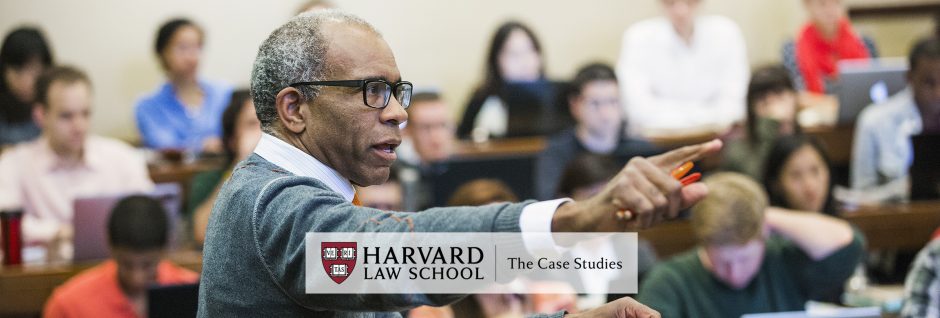Women have outnumbered men at U.S. colleges since the 1990s; unfortunately they also outnumber men in another unsettling statistic. An astonishing one in four undergraduate college women are sexually assaulted during their college career, as reported by the latest survey on sexual assault conducted at 27 university campuses, including Harvard and its peer institutions. At Harvard, the reported number of women who were sexually assaulted by force was even higher: a staggering 29.2 percent.
The expectation that institutions of higher education protect against sexual assault was set in 1972 with Title IX of the Education Amendments Act, which mandated that no individual should be discriminated on the basis of gender. That mandate, though, did little to alleviate rampant campus sexual assault, and educational institutions also complained of having little guidance for whether their sexual assault policies complied with Title IX. In response to rising complaints, in 2011 the Department of Education’s Office of Civil Rights (OCR) issued clarifications and suggestions for higher level educational institutions to deal with sexual assault policy. Most recently, President Obama created the Task Force to Protect Students from Sexual Assault in 2014, which focused on assessing the extent of the problem.
“Sexual Assault Policy in Higher Education: An Introduction,” a Harvard Law School case study by Elizabeth Moroney under the supervision of Philip B. Heymann, recounts Tufts University’s response to a Title IX complaint directed towards its sexual assault policies. Defending their own revised policies as adequate to ensure an even-handed approach to sexual assault complaints, the university resisted compliance with Title IX’s guidelines and became the first university to revoke an agreement with OCR.
The issue of sexual assault has recently been hotly discussed on Harvard’s campus, from students’ personal stories in the university daily newspaper to responses to recent policies by Harvard Law School professors. Harvard University unveiled the results of its own university-wide survey with a tone of dismay. President Drew Faust issued a recent statement in which she strongly encourages the community towards open dialogue and conversation in order to end sexual assault on Harvard’s campus.
This case is therefore very relevant today in light of the troubling sexual assault climate at many universities across the nation. The case reviews the Department of Education’s “Dear Colleague” guidelines, the common policy options for dealing with sexual assault on college campuses (including “preponderance of the evidence,” “unwelcome conduct,” and “affirmative consent”), and the circumstances surrounding Tufts’ Title IX complaint, noncompliance, and resolution. Participants consider the ethical and legal ambiguities of national sexual assault policy on college campuses, as well as the future of university sexual assault policy.
